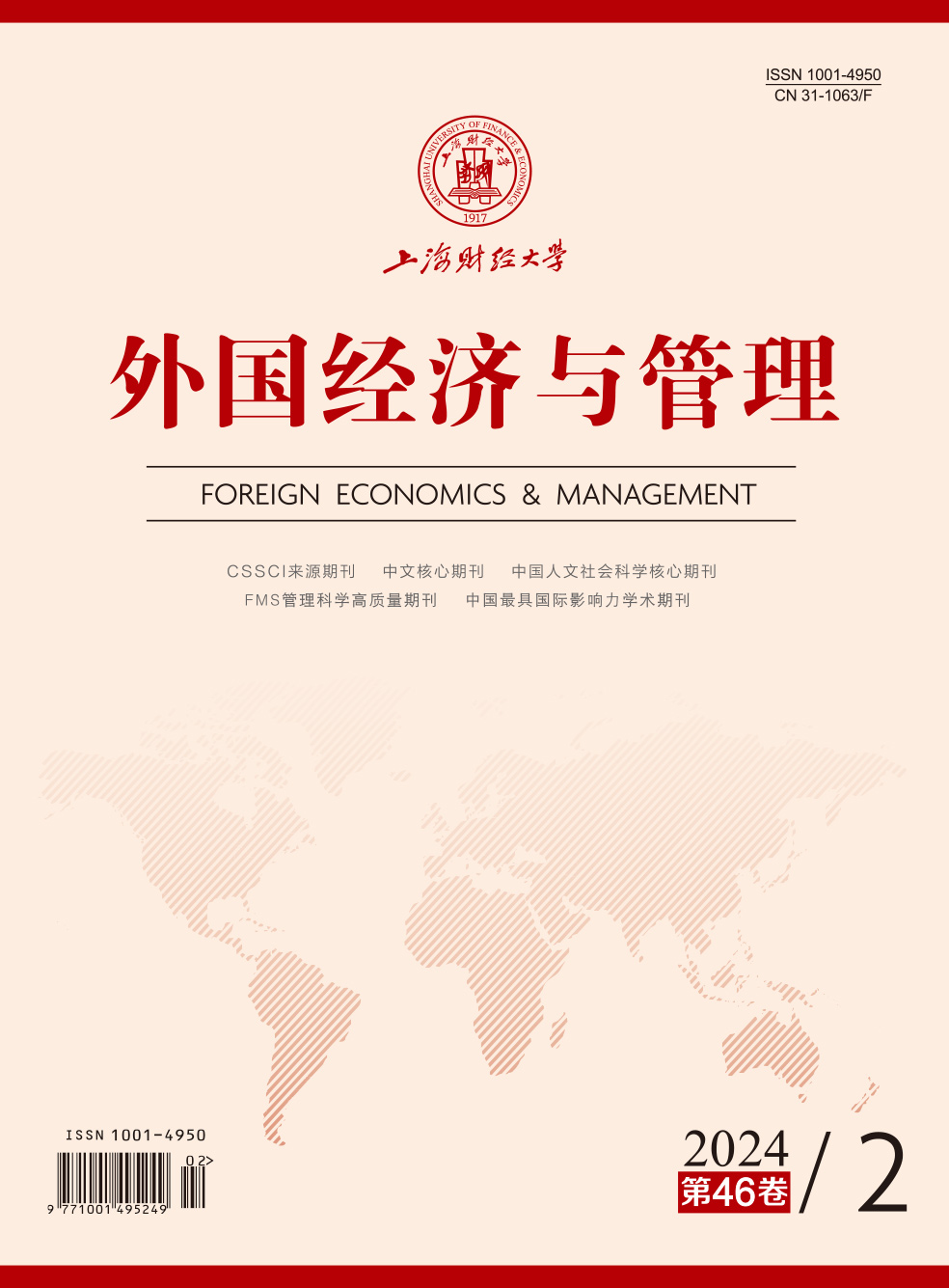Industrial policy support may increase the tolerance for failure in venture capital and actively promote corporate innovation. However, it may also induce free-riding behavior in venture capital, reducing its willingness to incentivize corporate innovation. This paper examines the impact of provincial industrial policies on the role of venture capital in fostering corporate innovation, utilizing investment data from venture capital institutions. It employs patent applications and granted patent counts as the indicator to measure corporate innovation. Based on the DID research, the findings indicate that venture capital in industries supported by industrial policies exerts a more pronounced impact on corporate innovation than those without such support. Mechanism testing reveals that venture capital with early-stage investment and lower reputation, as well as industrial policies related to innovation, exhibits a more positive impact on fostering corporate innovation through industrial policy support. Further research finds that venture capital exhibits a higher tolerance for failure in company projects within industries supported by industrial policies.
Based on the above findings, the following insights are drawn: First, the findings contribute to a deeper comprehension of the impact of industrial policies on microeconomics for market participants, thereby providing valuable insights for the formulation and assessment of local industrial policies in China. When formulating and assessing industrial policies, government departments should not only consider the direct impact of such policies on the micro economy but also consider their implications for other market participants. This paper indicates that provincial industrial policies can enhance the tolerance for failure in venture capital, stimulate corporations to increase their innovation activities, and thereby improve the market competitiveness of startups. Second, this paper has policy implications for guiding social capital to promote corporate innovation. The Report to the 20th National Congress of the Communist Party of China highlights that enhancing the scientific and technological innovation system and optimizing the allocation of innovation resources have been elevated to a national strategic priority. It is imperative to actively promote the development of startups to foster an innovative ecosystem and promote independent innovation. This process necessitates harnessing social capital’s potential to maximize innovative entities’ motivation. The findings suggest that government departments can effectively guide venture capital by formulating industrial policies, which are crucial in promoting innovation among startups, thereby improving the innovation capacity of specific industries and providing long-term support for their healthy development.
The contributions are as follows: First, while existing literature primarily focuses on the impact of industrial policies on the macro economy and micro enterprises, this paper expands the scope to include venture, thus broadening the relevant research. Second, previous studies on the impact of venture capital on corporate innovation in China mainly focus on analyzing the characteristics of venture capital, such as financing capacity, non-capital appreciation services, supervision role, and opportunistic behavior. This paper explores the role of venture capital in corporate innovation from the perspective of macro policy impact on the tolerance for venture capital failure, supplementing the relevant research.





 7159
7159  7647
7647

